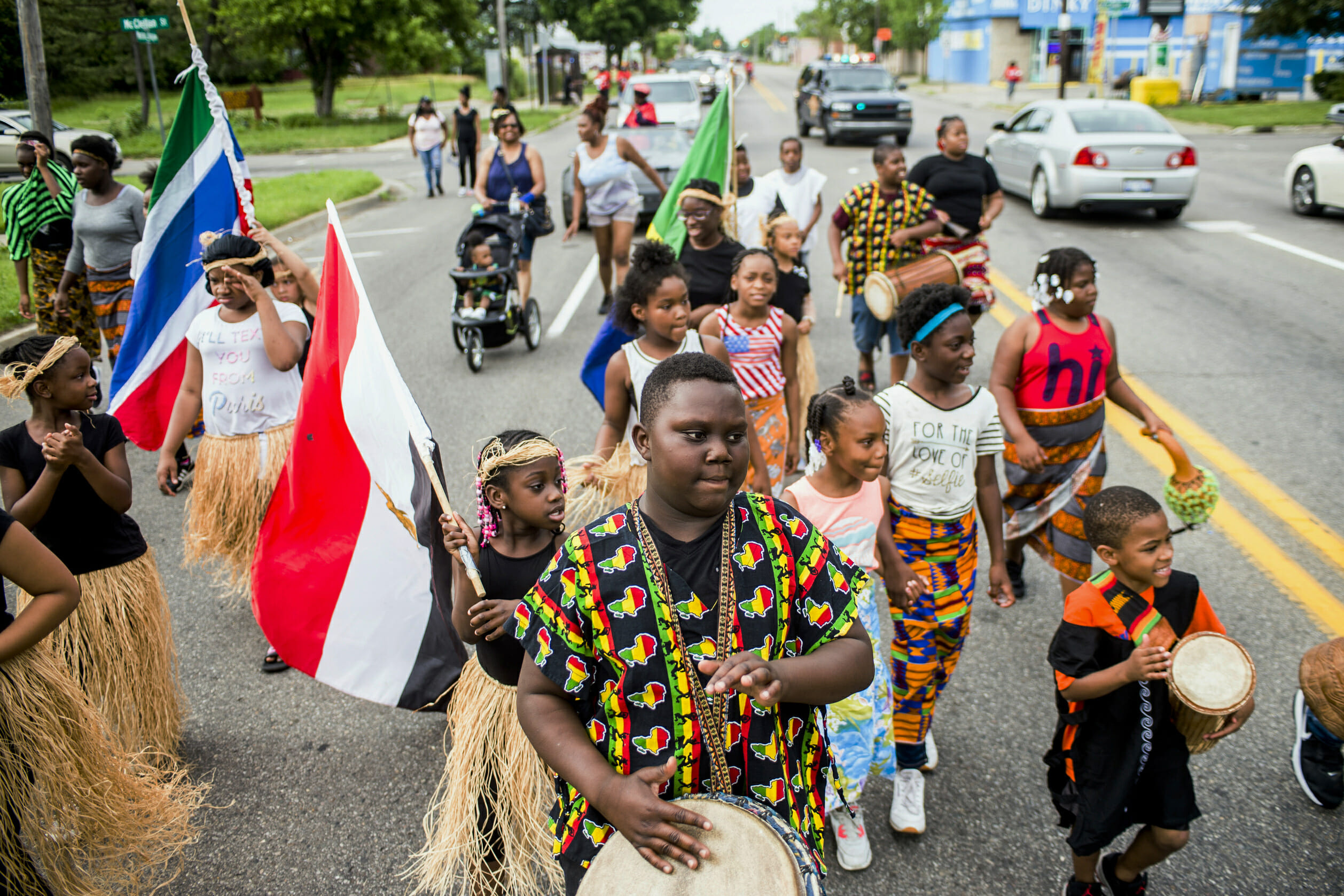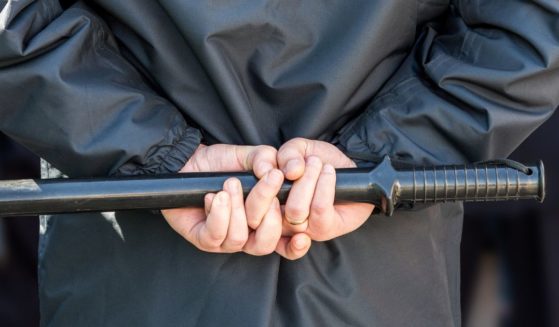
AP Explains: Juneteenth celebrates end of slavery in the US
WASHINGTON (AP) — A holiday that is spreading across the U.S. and beyond, Juneteenth is considered the oldest known celebration commemorating the ending of slavery in the United States.
It was originally celebrated on June 19, the day that Union soldiers in 1865 told enslaved African Americans in Galveston, Texas, that the Civil War had ended and they were free.
Celebrations include parades, concerts, and readings of the Emancipation Proclamation. This year, Juneteenth will also feature the first congressional hearing in more than a decade on reparations for slavery.
Here’s a look at the holiday and its history:
BEGINNINGS
The celebration started with the freed slaves of Galveston, Texas. Although the Emancipation Proclamation freed the slaves in the South in 1863, it could not be enforced in many places until after the end of the Civil War in 1865.
Laura Smalley, who was freed from a plantation near Bellville, Texas, remembered in a 1941 interview that her former master had gone to fight in the Civil War and came home without telling his slaves what had happened.
“Old master didn’t tell, you know, they was free,” Smalley said . “I think now they say they worked them, six months after that. Six months. And turn them loose on the 19th of June. That’s why, you know, we celebrate that day.”
It was June 19, 1865 when Maj. Gen. Gordon Granger and his Union troops arrived at Galveston with news that the war had ended and that the enslaved were now free.
Granger delivered General Order No. 3, which said: “The people of Texas are informed that, in accordance with a proclamation from the Executive of the United States, all slaves are free. This involves an absolute equality of personal rights and rights of property between former masters and slaves, and the connection heretofore existing between them becomes that between employer and hired labor.”
The next year, the now-freed slaves started celebrating Juneteenth in Galveston, and the celebration has continued around the nation and the world since.
WHAT DOES JUNETEENTH MEAN?
The term Juneteenth is a blend of the words June and nineteenth. The holiday has also been called Juneteenth Independence Day or Freedom Day.
According to Dee Evans, national director of communications of the National Juneteenth Observance Foundation, there will be Juneteenth celebrations in almost every state this year.
Black Texans took the holiday with them as they moved around the country and overseas, Evans said, and what started as a local celebration went international.
Forty-six states and the District of Columbia recognize Juneteenth as a state holiday or day of recognition, like Flag Day. Countries like South Korea, Ghana, Israel, Taiwan, France, and the U.S. territory of Guam have held or now hold Juneteenth celebrations.
A resolution recognizing Juneteenth as a national holiday passed the Senate last year, but the accompanying resolution has not been approved in the House.
REMEMBERING THE PAST
Juneteenth celebrations used to revolve around the church with speeches and picnics, said Para LaNell Agboga, museum site coordinator at the George Washington Carver Museum, Cultural and Genealogy Center in Austin, Texas, which has one of the only permanent Juneteenth museum exhibits in the country.
It changed around the 1960s with the civil rights movement, she said.
“It became a little more secular and stretched over more than one day,” Agboga said. “It became kind of a time of community gathering … It’s really more huge parties and huge parades and big concerts, but always bringing in freedom. It’s all about freedom.”
More than 150 cities will have Juneteenth celebrations this year, Evans said.
Each celebration is different, from parades in places like Philadelphia, Chicago, New York, Atlanta, San Francisco and Houston, to concerts in Tulsa, Oklahoma, Denver and Marietta, Georgia, to free genealogy workshops outside of Washington, D.C., to readings of the Emancipation Proclamation.
Agboga, Evans and others are working to make sure Juneteenth celebrators don’t forget why the day exists.
“In 1776 the country was freed from the British, but the people were not all free,” Evans said. “June 19, 1865, was actually when the people and the entire country was actually free.”
It’s also a day to remember the sacrifices that were made for freedom in the United States, especially in these racially and politically charged days, Agboga said.
“Our freedoms are fragile, and it doesn’t take much for things to go backward,” she said.
___
Jesse J. Holland covers race and ethnicity for The Associated Press. Contact him at jholland@ap.org, on Twitter at http://www.twitter.com/jessejholland or on Facebook at http://www.facebook.com/jessejholland .
__
This story corrects that 46 states, not 45, and the District of Columbia recognize Juneteenth as a state holiday or day of recognition.
The Western Journal has not reviewed this Associated Press story prior to publication. Therefore, it may contain editorial bias or may in some other way not meet our normal editorial standards. It is provided to our readers as a service from The Western Journal.
Truth and Accuracy
We are committed to truth and accuracy in all of our journalism. Read our editorial standards.
Advertise with The Western Journal and reach millions of highly engaged readers, while supporting our work. Advertise Today.












